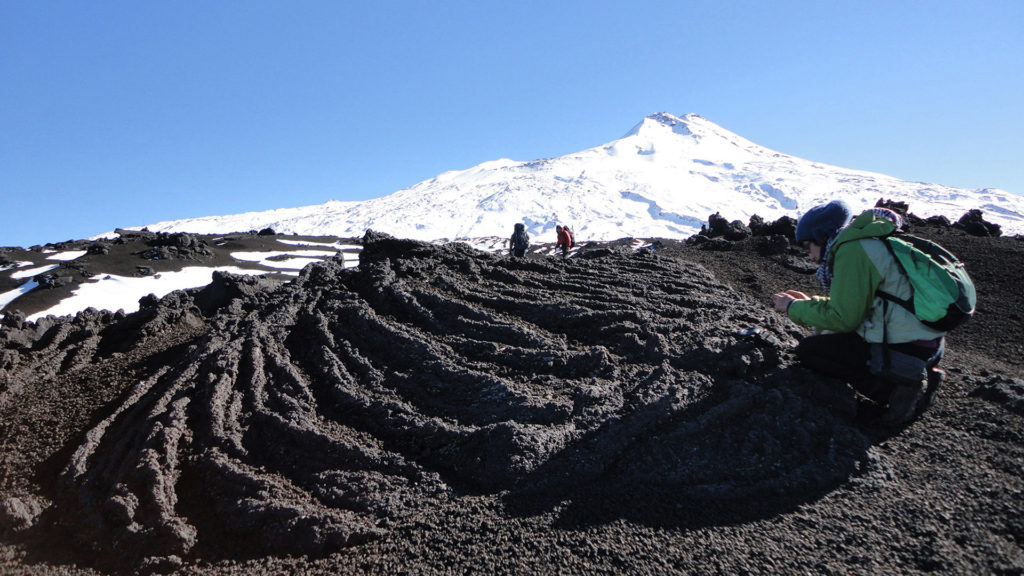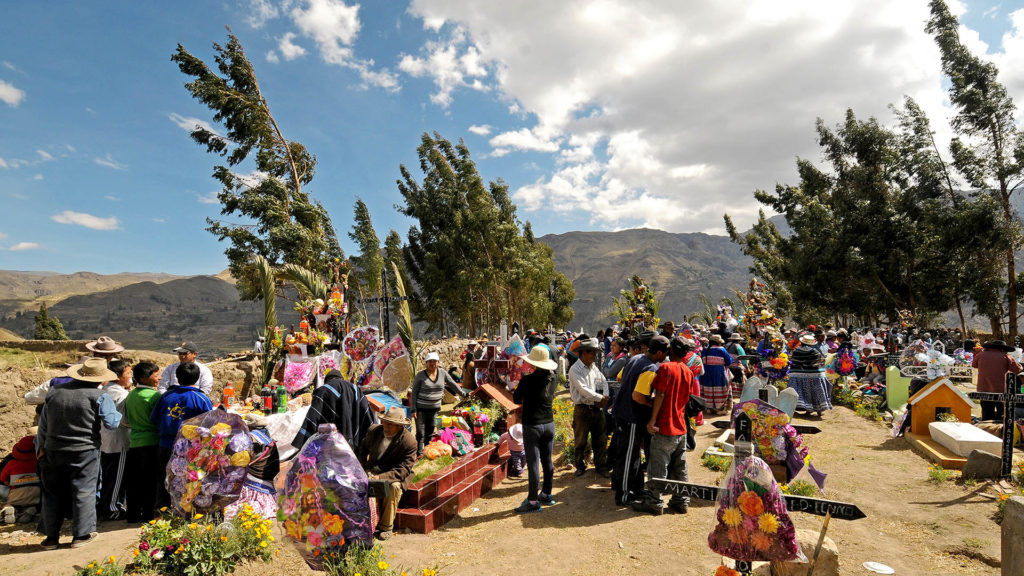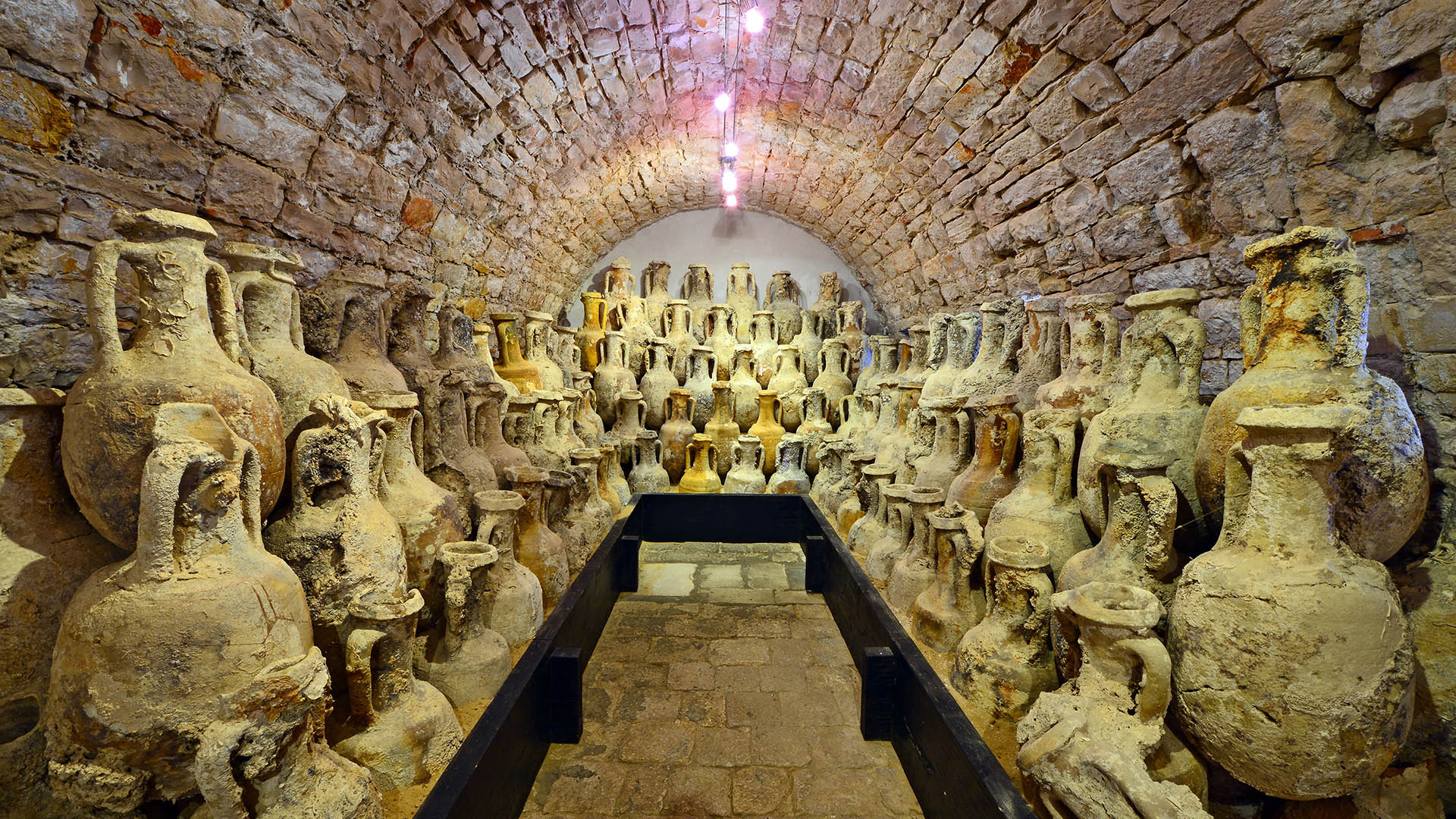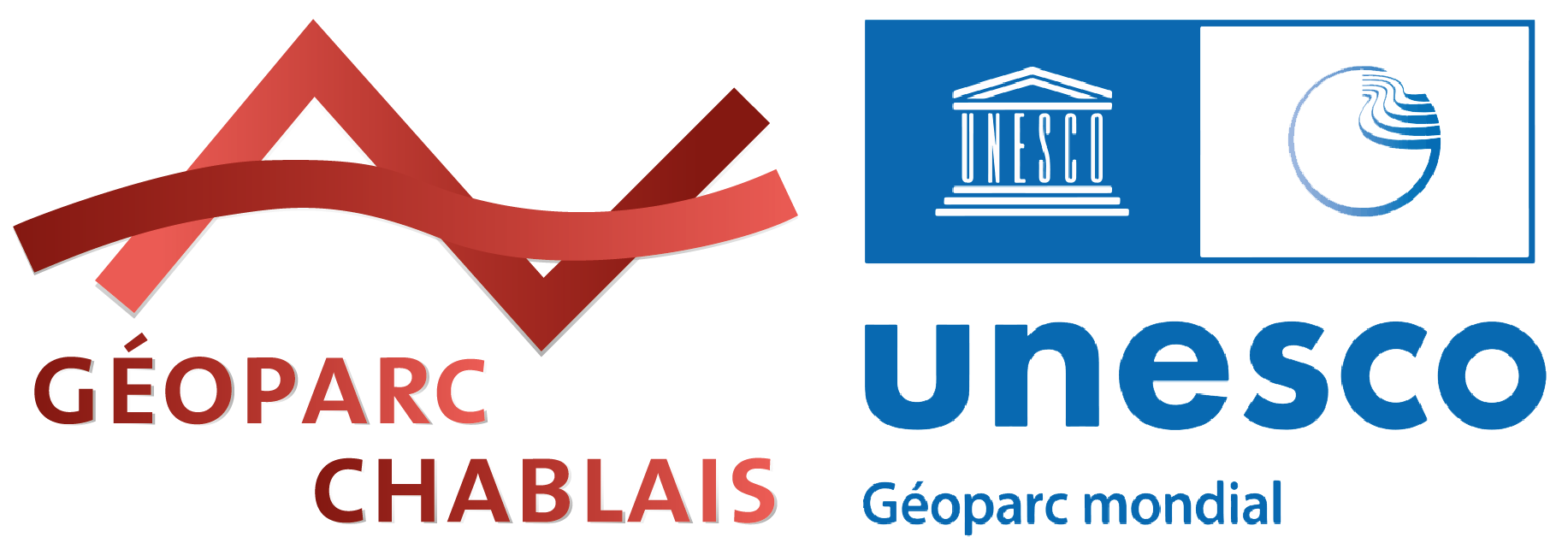UNESCO Global Geoparks are single, unified geographical areas where sites and landscapes of international geological significance are managed with a holistic concept of protection, education, and sustainable development.
A UNESCO designation

In November 2015, UNESCO created the “UNESCO Global Geopark” label as part of its International Geosciences and Geoparks Programme (IGGP). This programme studies and promotes connections between an area’s geological heritage and its natural, cultural, and intangible heritage.
In these areas, the history of humanity and the history of the Earth are closely related. The purpose of a Geopark is to explore, develop, and celebrate connections between this geological heritage and all other aspects of its natural, cultural, and intangible heritage.

A Geopark is not just about its geology
A UNESCO Global Geopark must contain many geological sites that are significant in either scientific or educational terms or because they are rare. They may also have archaeological, ecological, historical, or cultural significance.
The goal of UNESCO Global Geoparks is to reconnect humans to the Earth we live on by showcasing 4.6 billion years of geological history that have shaped, and continue to shape, all aspects of the inhabitants’ lives. The Geoparks also aim to raise awareness among local communities of the need to protect the Earth for future generations.
The missions of UNESCO Global Geoparks

- Identify, protect, and preserve various types of heritage
It is important to fully understand an area’s geoheritage in order to protect it. Geological formations are the foundation of all ecosystems and human interactions with all landscapes.
- Education, information, and awareness-raising
Geoparks seek to raise awareness of the connections between this geological heritage and all other aspects of natural, cultural, and intangible heritage.
- Geotourism
Geoparks contribute to the local and sustainable economic development of their area by promoting responsible tourism.

- Cooperation
Networking lies at the heart of the Geopark’s mission, and is based on cooperation from the local to the international level.
- Sustainable development
Each UNESCO Global Geopark takes a sustainable development approach that supports local communities.
To learn more about the Geoparks’ focus areas, visit the official UNESCO Global Geoparks website.


